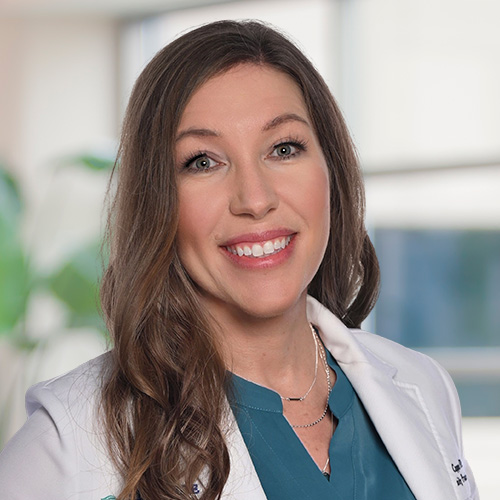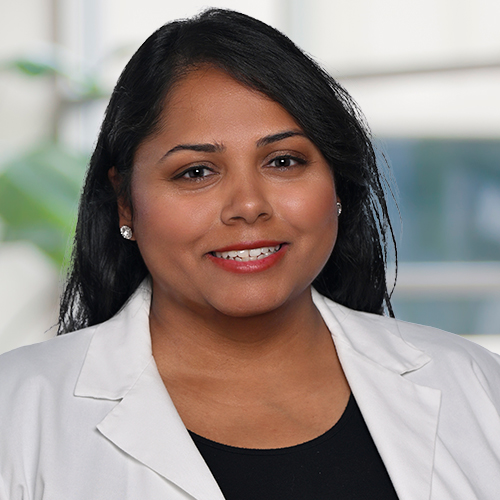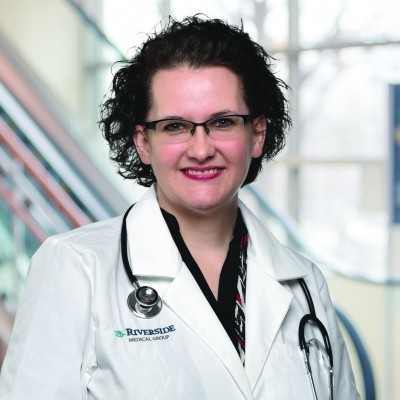Choosing a Primary Care Provider
September 14, 2021
Categories: Family, Parenting, Infants & Toddlers, Children, Teens, Caregivers, Health, Men’s Health, Senior Care, Women’s Health
Tags: Family Medicine
Whether you have been putting off finding a primary care provider, or maybe you are just ready for a change, establishing a primary care provider is the starting point for better health. Your primary care provider works to help coordinate your care, think of this provider as your medical “home.” This is the provider you would visit for the majority of your medical needs, including wellness visits, routine screenings, and non-emergency illness. A primary care provider is also most likely whom you would speak to about your health questions and concerns.
Choosing a primary care provider, and building the relationship with this provider, is an important step toward managing your health. While some patient-provider relationships can span decades, others can be short-lived because of changes in insurance or location.
When selecting your primary care provider, you will want to make sure you select someone that you feel comfortable having honest conversations with, someone that has expertise in the areas that meet your health needs and someone who accepts your insurance.
Here are a few questions to ask yourself when it is time to select a primary care provider:
1. Which providers are in my network? The best place to start is your insurance provider’s website. Many of the major health insurance providers have databases of “in-network” providers for you to view. By choosing an “in-network” provider, you are less likely to experience an “out-of-network” charge or have to pay the entire bill out of pocket, because the provider is covered under your insurance plan.
2. Does this provider have expertise that meets my health needs? There are several different types of providers that are identified as a primary care providers – family practice, internal medicine or pediatricians.
3. Do I know someone who could recommend a provider to me? You may feel more comfortable visiting a provider who has been recommended by someone you know. Ask around to see which providers people you know are seeing, or ask your other healthcare professionals, such as a pharmacist or dentist, if they have recommendations. If you are moving to a new area, you could ask your current provider to see if they have any recommendations.
4. When am I most likely to schedule my appointment? Would you rather your provider be located closer to your home or office? Location is one item to consider, but you should also look at the office hours and what days and times does the provider see patients. Another item to look at is which hospital the provider admits patients to.
Once you have narrowed down your list, it is a good idea to see if these providers have pictures or videos that give you the opportunity to put a face to the name and learn more about them and how they speak.
The best thing to do to make sure you have chosen the correct provider is to visit their office and meet them face-to-face. Make sure you are comfortable in the office and with the provider. Your primary care provider should be someone that you trust and can rely on to help coordinate your healthcare needs. Make sure to talk to your provider about any medications you are currently taking and discuss your medical history to make sure you are on the same page when it comes to managing your healthcare.
Riverside Healthcare has primary care providers located throughout the community. Find out more about primary care providers at Riverside by visiting riversidehealthcare.org/services/primary-care
Primary Care Providers include:
Family Medicine, Internal Medicine and Pediatric Care – Riverside Medical Group primary care providers offer an emphasis on these important practice concentrations ensuring you will find the right partner for you and every member of your family.
Family Medicine
Family medicine integrates care for all patients of all genders and every age, including newborns, children, teens, adults, and seniors. As a medical specialty, family medicine (also known as family practice) physicians and providers study and incorporate the biological, clinical and behavioral sciences into their patient care. They have experience with a wide array of non-emergency diseases and generally focus on preventive care, teaching healthy lifestyle choices, identifying and treating common medical conditions, and assessing the urgency of medical problems. Because of this, family medicine can provide continuing and comprehensive medical care, health maintenance and preventive services to each member of the family regardless of sex, age, or type of problem.
Internal Medicine
Internists (also called general internists or doctors of internal medicine) are medical doctors that specialize in the diagnosis and medical (non-surgical treatment) of adults (generally over the age of 18). Internists provide comprehensive, long-term care for patients and manage common illnesses, complex conditions, and diseases. They focus on prevention, diagnosis, treatment, and management of problems/diseases including diabetes, congestive heart failure and hypertension (high blood pressure).
Pediatrics
Pediatricians are physicians who specialize in diagnosing, treating and preventing diseases and injuries in young children, teenagers, and young adults.


